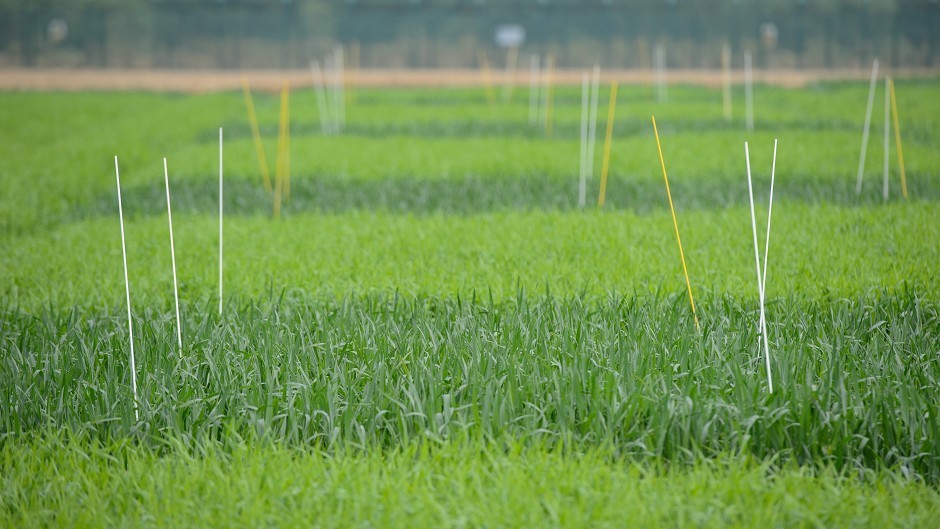Scottish Government has admitted its decision to ban the cultivation of genetically modified (GM) crops was not based on science.
When asked what had formed the basis of its decision to ban the technology, a spokeswoman said government had opted to make the decision for reasons other than scientific safety.
“Scottish Ministers very much respect the views of our scientific community, but Government can’t take decisions on science alone – and just like three of the four constituent parts of the UK are doing, a further 18 member states, including Germany, France and the Netherlands are making use of the opt out for reasons other than the scientific safety of the GMO (genetically modified organism),” said the spokeswoman.
“In particular, Northern Ireland and Wales have taken a similar approach to Scotland, speaking of their ambition to protect their regions’ reputation of having a ‘clean, green’ natural environment.”
When asked several times why industry had not been consulted on the issue, government failed to give a concrete answer and said this had long been its policy.
The spokeswoman said: “This decision is not a new policy, but part of the Scottish Government’s long-held position to maintain a precautionary approach to GM, and two thirds of EU member states have now followed Scotland’s lead and opted out of EU consents to cultivate GM crops.”
She added that Scotland’s seed potato export industry, which is worth around £60million per year, would be at threat from Scots farmers growing GM crops as these exports required specific confirmation that the product were GM-free.
The spokeswoman added: “Allowing GM crops to be grown in Scotland could therefore have a hugely damaging economic impact on this important sector, and illustrates why Scotland was right to safeguard the reputation of our £14billion food and drink industry by using Europe’s opt out from growing GM crops that are approved or which are pending approval.”
The decision to ban GM crops in Scotland follows approval of new EU rules earlier year, which enable member states to decide whether or not they wanted to grow GM crops, including those that have already been approved or are awaiting authorisation.
The government’s assertion that being GM-free will keep Scotland “clean and green” was slammed by a leading scientist last week.
Professor Anne Glover, who previously served as scientific adviser to the European President and chief scientific adviser to Scottish Government, said saying non-GM was clean and green was incorrect.
Speaking at SRUC’s annual dinner in Edinburgh, Mrs Glover said: “I was concerned to hear about the notification of the GM ban because it was somehow equated to be clean and green, implying that GM technology is untested and it’s risky.
“This is not the case – there has been no technology that has been better and more rigorously tested. The technology we use to produce GM is safe, so it is not reasonable to say that we are opting for clean and green by non-GM.”
